one6G Summit 2022
Defining a path to intelligent and sustainable global 6G
Building on the success of the first edition, one6G Summit is coming back to define the path to intelligent and sustainable global 6G.
The event will gather over 20 international experts from policy, industry, and academia who will talk about the challenges and opportunities that lay ahead as we embark on the exciting new journey toward a hyper-connected world. The speakers will share their insights, visions, and roadmaps, covering subjects ranging from 6G spectrum and testbeds to enabling technologies, among other related topics.
Last year, the one6G Summit brought together international leaders from policy, industry, and academia to explore critical points in the world’s journey towards 6G. We gathered 24 high-level speakers and more than 400 participants from around the world. one6G members presented early 6G prototypes and the first one6G position paper was released. If you missed the first edition, you can review the recordings of all sessions here.
Join us on November 10, 2022, to learn more about global 6G research and related initiatives. Registration is open.
Agenda
10th November- MORNING | |
|---|---|
9:45 – 10:00 Welcome & introduction
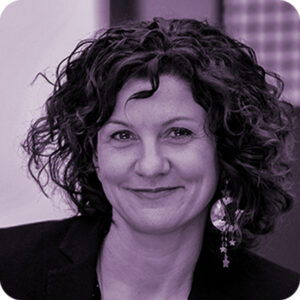
Monique Calisti
Martel Innovate – Moderator
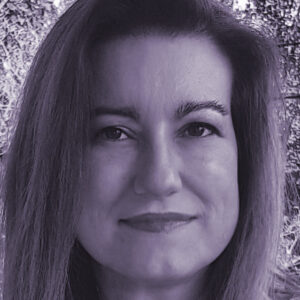
Nancy Alonistioti
one6G & NKUA
10:00 – 12:00 Session 1: Global View‘s on 6G
European research on 6G
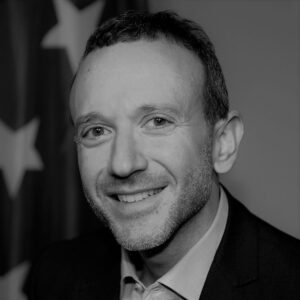
Pavlos Fournogerakis
European Commission
The German 6G program – structure and focus areas
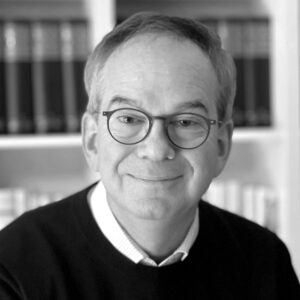
Hans Schotten
German 6G Platform, TU Kaiserslautern
NGMN’s Journey to 6G
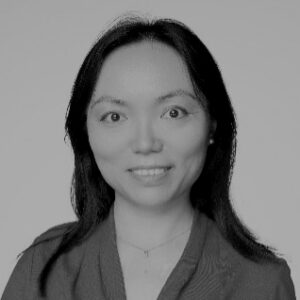
Feifei Lou
NGMN
The ETSI Approach to Research, Innovation, and Technology Trends
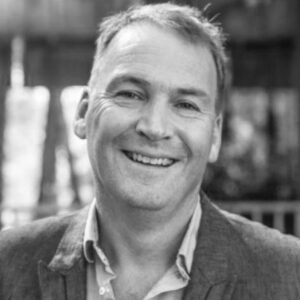
David Boswarthick
ETSI
The Evolution Towards 6G
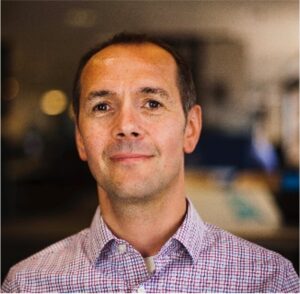
Simon Burley
Ofcom
WWRF building the vision for the next-generation mobile network
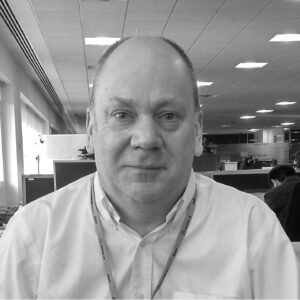
Nigel Jefferies
WWRF
Non-terrestrial networks. Motivation of BMW
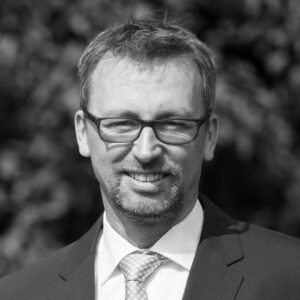
Olaf Eckart
5GAA, BMW
Regulative challenges on the way to 6G
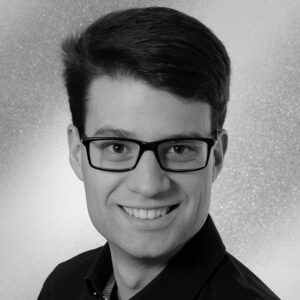
Adrian Fischer
BnetzA
12:00 – 13:00 Session 2: Panel – Will 6G become the fundamental and sustainable infrastructure for verticals?
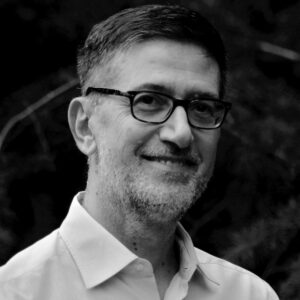
Moderator
Roberto Verdone
University of Bologna

Panelist
Hans Schotten
German 6G Platform, TU Kaiserslautern
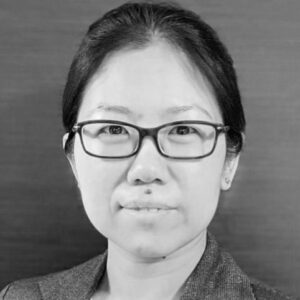
Panelist
Ying Du
CAICT
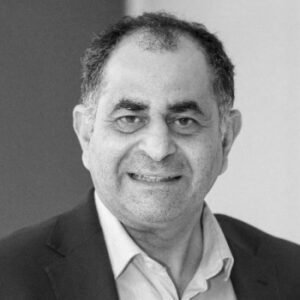
Panelist
Maziar Nekovee
University of Sussex
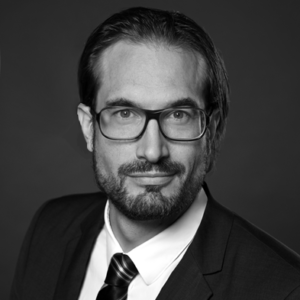
Panelist
Dirk Wilhelm
Technical University of Munich
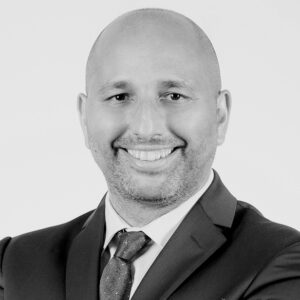
Panelist
Merouane Debbah
CentraleSupélec, Mohamed bin Zayed University of Artificial Intelligence
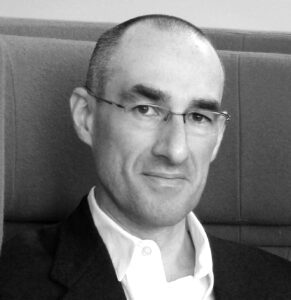
Panelist
Riccardo Guerzoni
DOCOMO Euro-Labs, Munich
13:00 – 13:45 Lunch break |
|---|
10th November- AFTERNOON | |
|---|---|
13:45 – 15:15 Session 3: 6G Testbed/Demo
Welcome and introduction
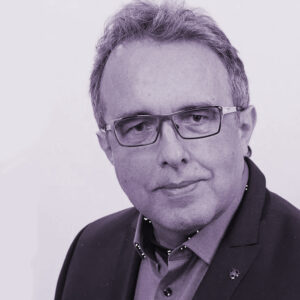
Josef Eichinger
one6G WG4 chair, Huawei Munich Research Center
Demo 1: “Decentralized Infrastructure Monitoring and declarative programming model”
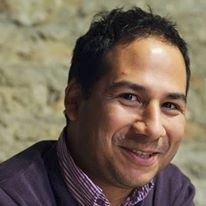
Ivan Paez
ZettaScale Technology
Demo 2: “5G NR and 6G experimental platform”
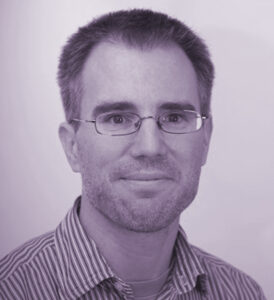
Joerg Widmer
IMDEA Networks
Demo 3: “Platform for the 6G transceiver”
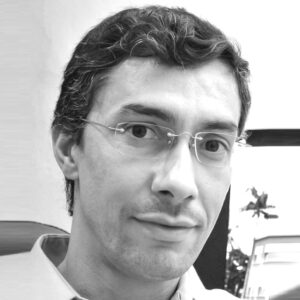
Luciano Leonel Mendes
Inatel
Demo 4: “ISAC THz and OW for IIoT”
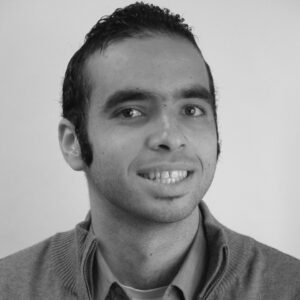
Mohamed Gharba
Huawei Munich Research Center
15:15 – 16:55 Session 4: Enabling technologies
Non-Terrestrial Networks (NTN) standard and next steps
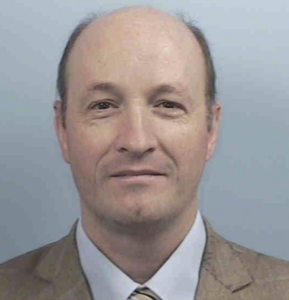
Nicolas Chuberre
Thales
From Conventional to Semantic Communications based on Deep Learning
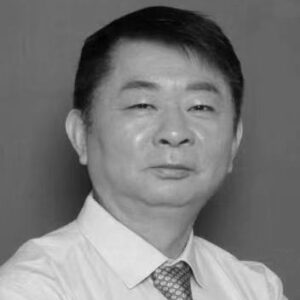
Geoffrey Ye Li
Imperial College London
Digital with purpose – delivering technology for 10 billion people
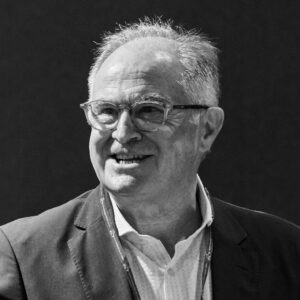
Luis Neves
GESI
Pilot Decontamination and User Scheduling in Cell-Free User-Centric Networks
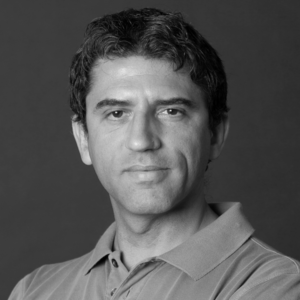
Giuseppe Caire
TU Berlin
16:55 – 17:25 Session 5: one6G Activities

Nancy Alonistioti
one6G & NKUA
17:25 – 17:30 Wrap up and closing remarks

